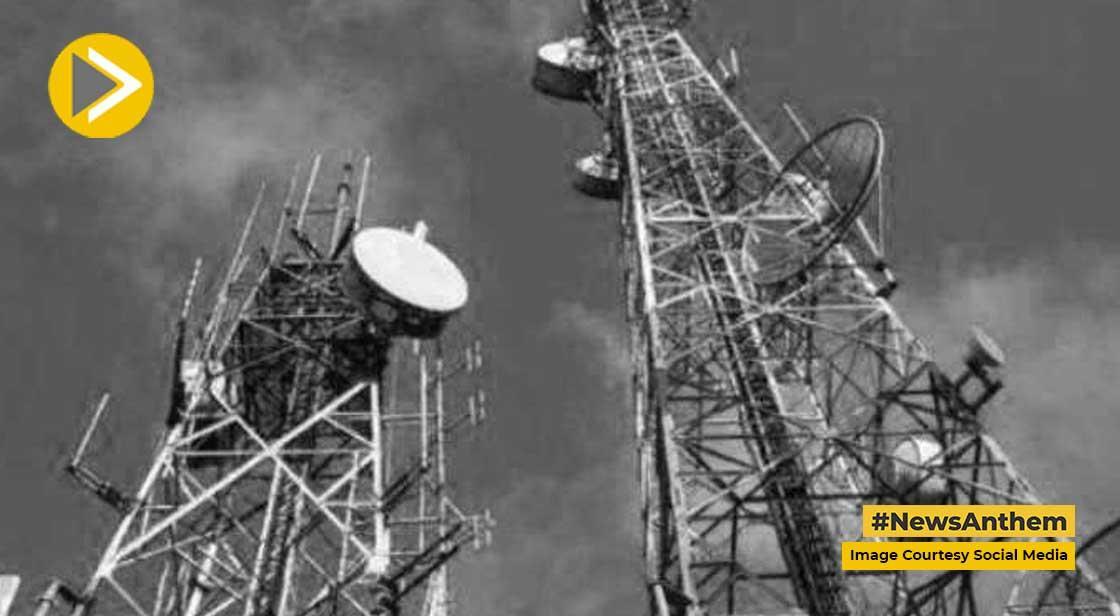TRAI Proposes New Framework for Network Authorisations Under the Telecom Act 2023

News Synopsis
The Telecom Regulatory Authority of India (TRAI) on February 17, 2025, provided comprehensive recommendations on the modalities for granting network authorisations under the Telecommunications Act, 2023. TRAI emphasized the importance of the central government granting network authorisations directly, as opposed to entering into agreements with entities.
The recommendations outlined various authorisation categories, ranging from Infrastructure Providers to Satellite Earth Station Gateway (SESG) providers and Mobile Number Portability (MNP) providers.
Key Recommendations by TRAI
TRAI's guidelines are designed to promote growth and simplify the regulatory framework for the telecom sector. The authority outlined different fees for network authorisations based on their scope and nature.
For example, the application processing fee for an Infrastructure Provider is ₹10,000, while the fees for an MNP provider include an application processing fee of ₹10,000, an entry fee of ₹50,00,000, and a bank guarantee of ₹40,00,000. Additionally, MNP providers would also need to contribute 1% of their adjusted gross revenue.
For SESG providers, the application processing fee is set at ₹10,000, with an entry fee of ₹10,00,000. TRAI clarified that network authorisations should be issued in the form of official documents, which should include essential elements of the network authorisation. According to the authority, the central government should directly grant these authorisations under Section 3(1)(b) of the Telecommunications Act, 2023.
Categories of Network Authorisations
Telecom Regulatory Authority of India TRAI’s recommendations outlined several categories of authorisations, each tailored to specific telecom sectors:
1. Infrastructure Provider Authorisation
Any entity aiming to establish, operate, or maintain dark fibers, right of way, duct space, and towers must obtain Infrastructure Provider (IP) Authorisation from the central government.
2. Digital Connectivity Infrastructure Provider (DCIP) Authorisation
Entities intending to manage wireline access networks, radio access networks (RAN), Wi-Fi systems, and transmission links will need to obtain Digital Connectivity Infrastructure Provider (DCIP) Authorisation.
3. Satellite Earth Station Gateway (SESG) Provider Authorisation
TRAI recommended that entities planning to establish, operate, or maintain SESG facilities must obtain SESG Provider Authorisation.
4. Internet Exchange Point (IXP) Authorisation
TRAI proposed the introduction of Internet Exchange Point (IXP) Authorisation for entities wishing to establish and operate IXPs across the country.
5. Mobile Number Portability (MNP) Provider Authorisation
For MNP services, entities wishing to establish, maintain, and operate telecommunication networks to facilitate number portability must obtain MNP Provider Authorisation from the central government.
Recommendations on Exemptions and New Authorisations
Certain telecom services and entities would be exempted from authorisation under the new regulations. TRAI suggested that Content Delivery Networks (CDNs) should be exempt from authorisation requirements under Section 3(3) of the Telecommunications Act, 2023. Furthermore, entities aiming to operate specific categories of ground stations related to the space sector, as defined in the Indian Space Policy-2023, should also be exempt from authorisation under the Telecommunications Act.
In a push for modernization, TRAI also recommended the introduction of Cloud-hosted Telecom Network (CTN) Provider Authorisation. Entities providing cloud-based telecom networks will be required to obtain this authorisation to ensure consistency and security within the digital infrastructure.
Captive Non-Public Network (CNPN) and Cable Landing Station (CLS) Authorisation
TRAI acknowledged the need for introducing Captive Non-Public Network (CNPN) provider authorisation. The authority noted that any entity intending to establish, operate, and maintain CNPN networks for enterprises must obtain specific authorisation. Additionally, TRAI proposed exploring the need for Cable Landing Station (CLS) provider authorisation, which would facilitate better access to essential facilities for eligible service providers.
Conclusion:
TRAI's recommendations for network authorisations under the Telecommunications Act, 2023, aim to simplify regulatory procedures and encourage growth within the telecom sector. By introducing clear guidelines and categorizing different types of telecom services, TRAI is helping to pave the way for smoother operations and increased investment. The implementation of these recommendations could significantly enhance the ease of doing business in the telecom sector while maintaining robust oversight and security for telecom networks.
You May Like









